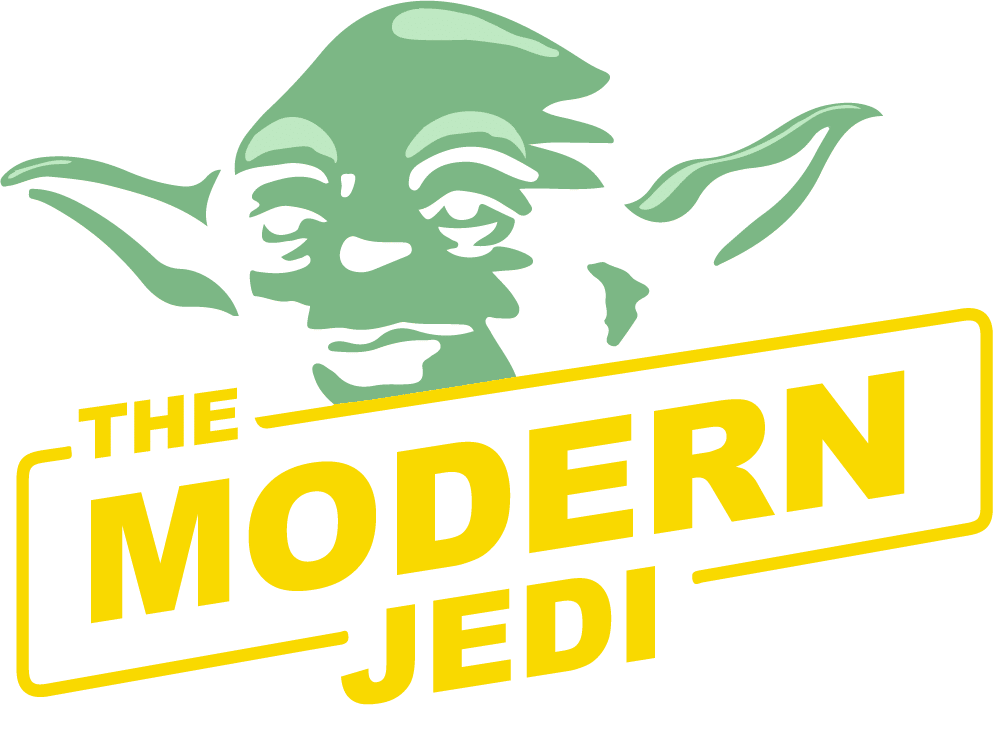Introduction
In the digital era, coding is a prized skill.
Whether you’re looking to change careers, enhance your current profession, or are driven by pure curiosity, understanding the basics is your first step.
This guide will introduce core programming concepts and spotlight the languages best suited for beginners.
Laying the Groundwork: What is Programming?
- Definition: At its core, programming is the process of creating instructions for computers to execute specific tasks.
- The Role of a Programmer: Beyond writing code, it’s about problem-solving, logical thinking, and creating efficient solutions.
Fundamental Programming Concepts
- Variables: Think of them as containers storing data values, playing a pivotal role in most programming tasks.
- Loops: They allow tasks to be repeated multiple times, such as checking a list of items.
- Functions: These are blocks of reusable code performing specific tasks, essential for efficient coding.
- Conditions and If Statements: These allow computers to make decisions based on predefined criteria.
Popular Programming Languages for Beginners
- Python: Revered for its simplicity and versatility, it’s ideal for web development, data analysis, AI, and more.
- JavaScript: The backbone of web interactivity, it’s a must-learn for aspiring web developers.
- Ruby: Known for its elegant syntax, it’s frequently used in web application development.
- Scratch: Designed for younger users, it’s a visual-based language that teaches core concepts without delving into complex syntax.
Why Language Choice Matters
- Project Goals: The nature of your desired project (web application, mobile app, game) can influence the best language choice.
- Community and Resources: Languages with robust communities often have ample learning resources and tools available.
- Job Opportunities: If career transition is the goal, it’s wise to research which languages are in demand in the job market.
Pathways to Dive Deeper
- Online Courses: Platforms like Coursera, Udemy, and Codecademy offer comprehensive beginner courses.
- Coding Bootcamps: Intensive training programs designed to take you from novice to job-ready in a matter of months.
- Books: Classics like “Clean Code” by Robert C. Martin and “Python Crash Course” by Eric Matthes can offer deep insights.
Conclusion
Embarking on your coding journey is a commitment to continuous learning and growth. With a grasp of foundational concepts and an understanding of beginner-friendly languages, you’re poised to dive deeper into the captivating world of programming.

